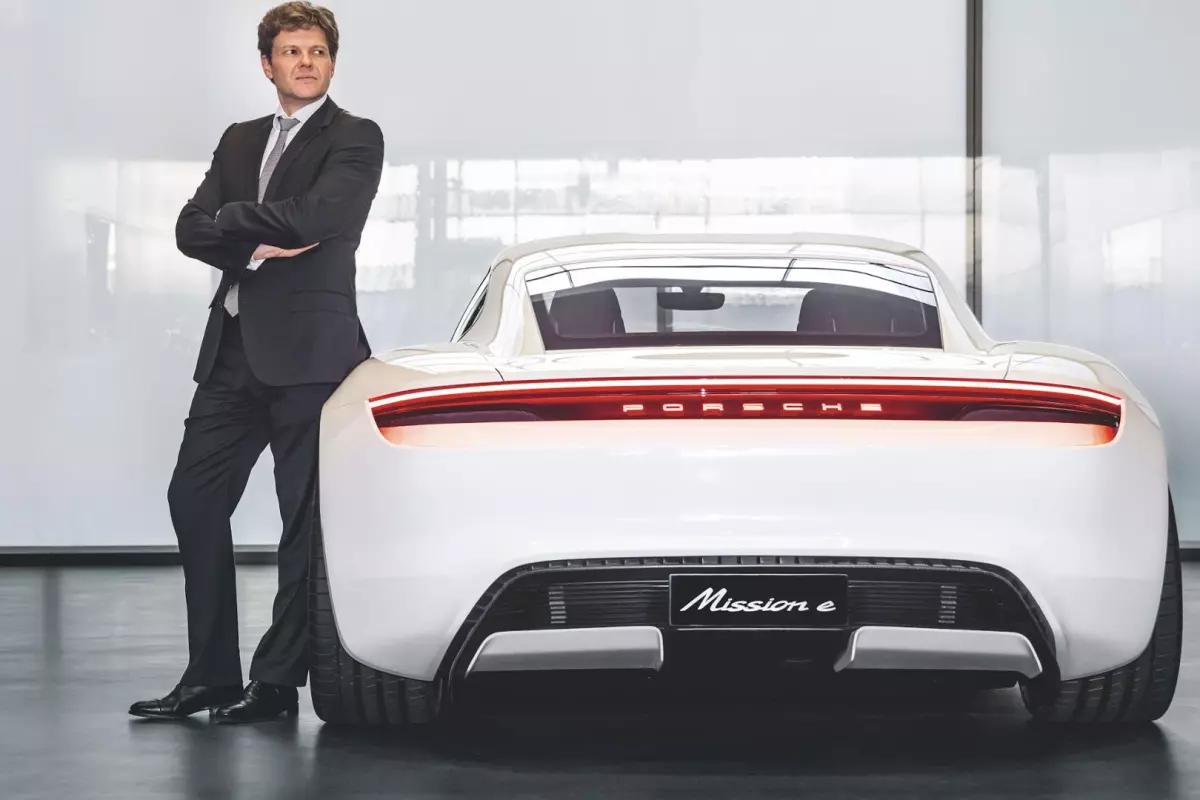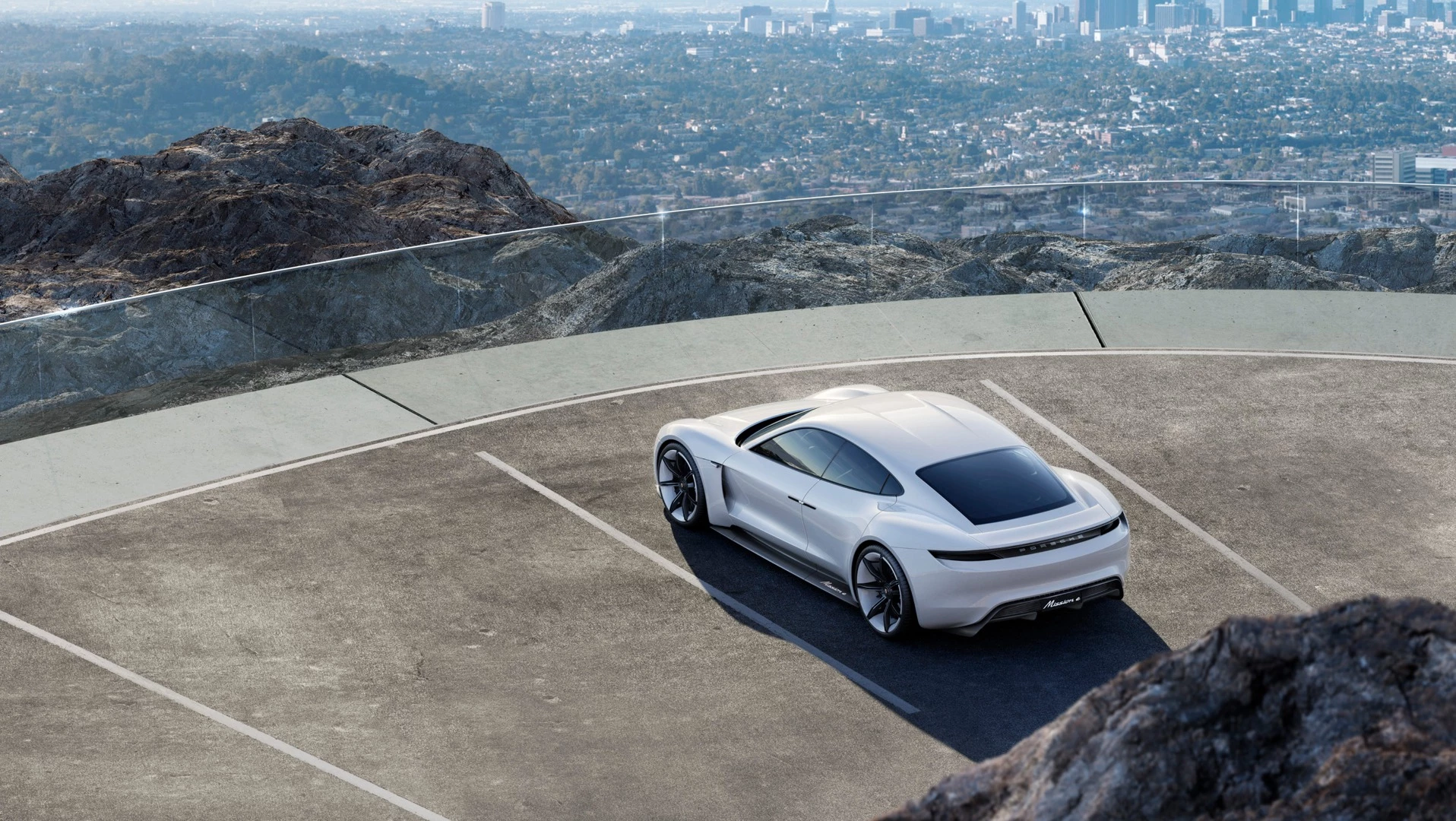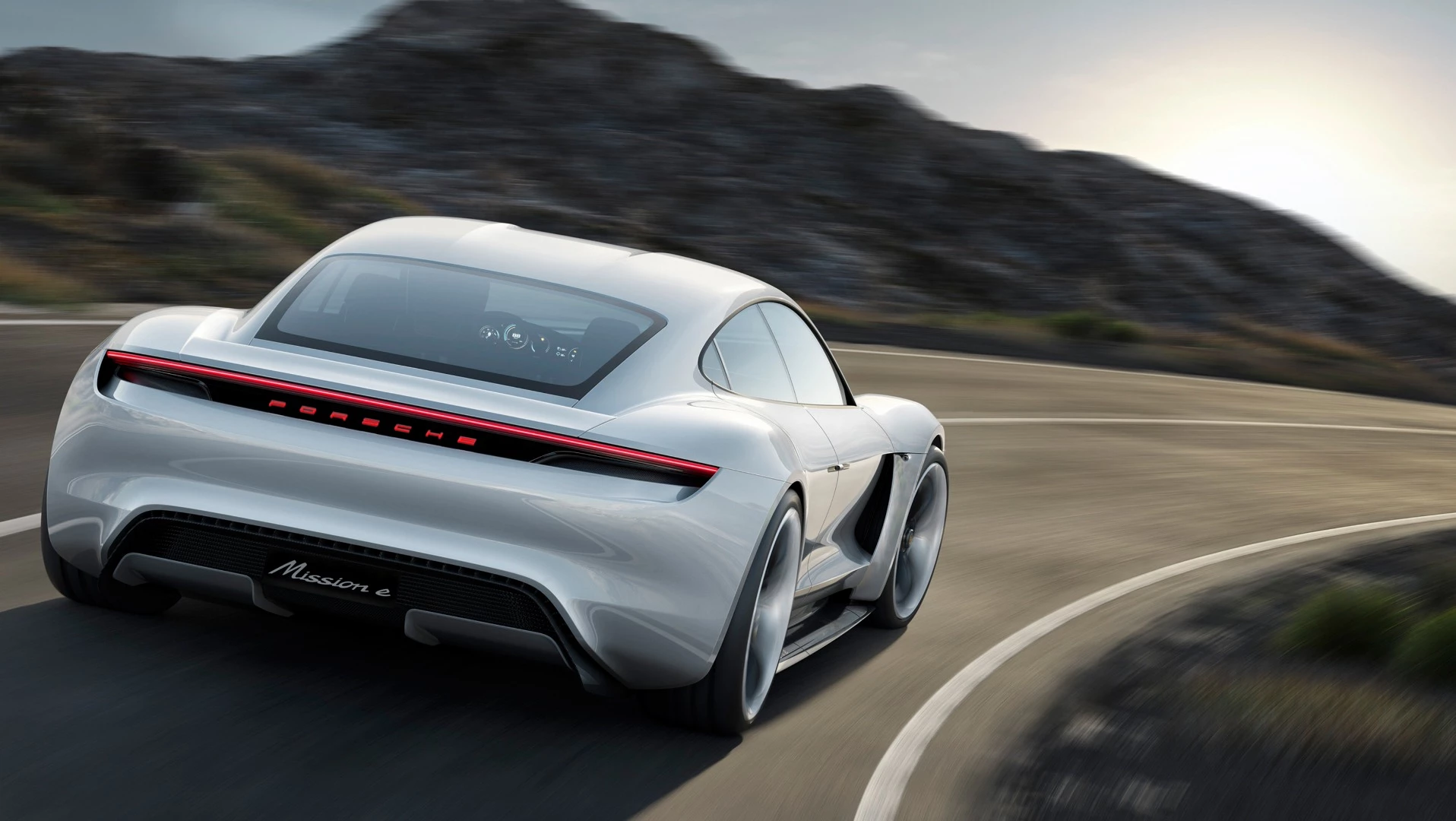Porsche has announced that it is turning its back on diesel-powered vehicles, instead choosing to shift its focus toward a cleaner energy future. The news comes three years after parent company Volkswagen admitted to using a defeat device to cheat emissions testing.
Though previously offered as variants of models like the Cayenne and Panamera, Porsche hasn't actually featured a diesel vehicle as part of its lineup since February this year. In fact, it says that diesel sales made up only 12 percent of its worldwide sales in 2017. So now it is shutting things down completely.
"Porsche is not demonizing diesel," says Oliver Blume, CEO of Porsche AG. "It is, and will remain, an important propulsion technology. We as a sports car manufacturer, however, for whom diesel has always played a secondary role, have come to the conclusion that we would like our future to be diesel-free. Naturally we will continue to look after our existing diesel customers with the professionalism they expect."
The diesel scandal of 2015, in which Volkswagen conceded it was deceiving US emissions testers through the use of sophisticated and nefarious software, is sure to have played a part in the decision. Blume said as much, as reported by the BBC.
"Porsche's image has suffered," he said. "The diesel crisis caused us a lot of trouble."
Though it offers benefits in terms of fuel economy, a shift away from diesel by big names in the automotive world would certainly be good news for the environment. Diesel vehicles spew out toxic pollutants such as nitrogen oxide that fuel the infamous smog shrouding cities like Beijing and Los Angeles.
While already known to lead to respiratory problems, headaches and more grievous ailments like strokes and cancer, a comprehensive study from an international team of researchers last year concluded the dangers of diesel have been gravely understated. The scientists found these vehicles were releasing 50 percent more toxic gas into the air than we realized, linking the previously unaccounted for nitrogen oxide with 38,000 premature deaths in 2015 – a number could reach around 180,000 early deaths in 2040 unless NOx emissions are reigned in.
For its part, Porsche says it will be focusing more energy on hybrid technologies and electric vehicles. It is currently developing its first fully electric sports car, the 600-hp recently renamed Taycan, which it expects to offer 500 km (310 mi) of range and accelerate to 100 km/h (62 mph) in under 3.5 seconds. It plans to release the Taycan in 2019 and by 2025, to fit every second Porsche sold with an electric drive unit.
"Our aim is to occupy the technological vanguard – we are intensifying our focus on the core of our brand while consistently aligning our company with the mobility of the future," says Blume.
Source: Porsche









